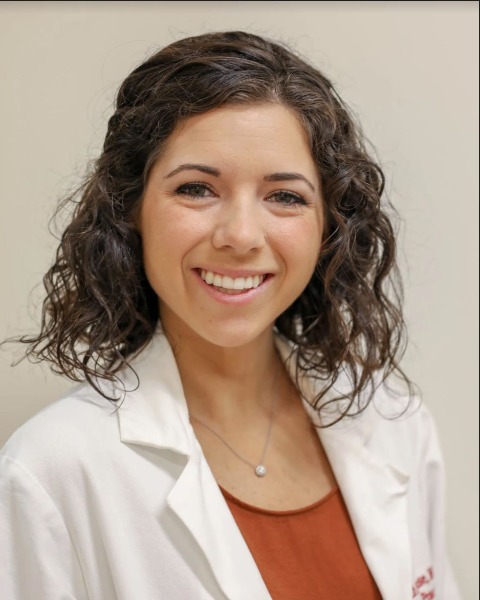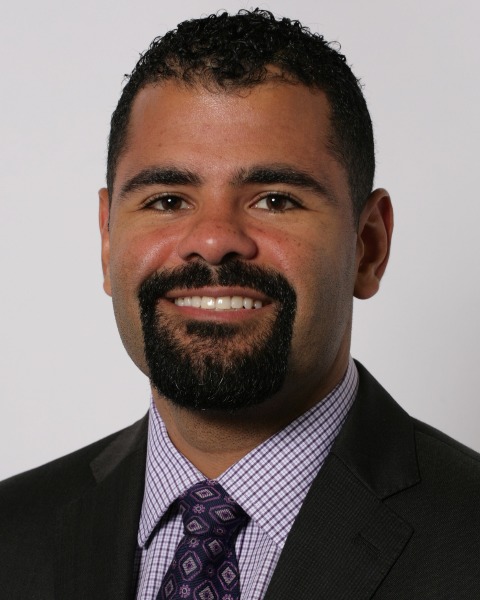Nursing Experiences of Novel Surgical Critical Care Service Implementation During COVID-19 Pandemic
-

Elizabeth Sheridan, AGACNP-BC, CCRN, CCN
Lead APP
Penn Medicine
Philadelphia, PennsylvaniaDisclosure information not submitted.
-

Niels Martin, MD, FCCM
Associate Professor of Surgery
University of Pennsylvania
Philadelphia, PennsylvaniaDisclosure information not submitted.
-
MD
Melissa Dunlop, PA-C, MBA
Director Advance Practice Providers
Hospital of The University of Pennsylvania, United StatesDisclosure information not submitted.
-
JS
Jason Saucier, ACNP, CCRN, MSN
Nurse Practitioner
Hospital of The University of Pennsylvania, United StatesDisclosure information not submitted.
-
CH
Christopher Huot, MSN, RN, CNML
Nurse Manager
Penn Medicine, United StatesDisclosure information not submitted.
-
KS
Kevin Sweeney, RN, MSN, NEA-BC
Nurse Manager
Penn Medicine, United StatesDisclosure information not submitted.
-
JH
Justin Hatchimonji, MD, MBE, MSCE
MD
Hospital of the University of Pennsylvania, United StatesDisclosure information not submitted.
-
PK
Paul Kinniry, MD
Physician
Univ. Hospital of Pennsylvania, United StatesDisclosure information not submitted.
-
SR
Shariq Raza, MD
Assistant Professor
Trauma Center at Penn, PACE, United StatesDisclosure information not submitted.
First Author(s)
Co-Author(s)
Title: Nursing Experiences of Novel Surgical Critical Care Service Implementation During COVID-19 Pandemic
Introduction: Despite unforeseen demands of COVID-19 pandemic, many institutions forged ahead with expansion plans already in motion. At our institution, this included inception of a 24/7 Surgical Critical Care (SCC) service staffed by Advanced Practice Providers in previously mixed medical-surgical (Med-Surg) Intensive Care Unit (ICU). We sought to characterize the experiences of ICU nursing staff surrounding implementation of SCC service and hypothesized that it will lead to improved support while reducing burnout.
Methods: We surveyed a convenience sample of Med-Surg ICU nurses in June 2020 prior to their transition into surgical ICU (SICU) staff at commencement of SCC service at our large urban tertiary care hospital. Subjects completed a 20-question survey detailing existing experiences of communication, bedside support, education, and burnout on a Likert scale (range 1-4: never, sometimes, most of the time, always). 1-year follow-up survey was offered to same nurses to measure trends, including impact of a formal handoff process initiated for patients admitted from operating room (OR). SICU cared for a minimal number of COVID-19 patients during the year. Wilcoxon rank-sum tests were performed on aggregate means.
Results: Twenty-six subjects participated for an overall response rate of 40%. Majority were female (77%) with median age of 30-40 years (47%) and mean nursing experience of 11 years. When comparing pre-SCC experience to 1-year mark, nurses felt an increase in bedside support (2 vs. 3, P< 0.001), active covering provider engagement (2 vs.4, P< 0.001), and improved education (2 vs. 3, P=0.01). Formal handoffs for patients admitted from OR were also felt to be more consistent (2 vs. 3, P< 0.001). There were no significant differences in perceptions of time needed to identify covering provider, provider skillset, effective communication, or nursing autonomy. Feelings of burnout in nursing staff were not different before or at 1-year (3 vs.3, P=0.69).
Conclusions: Implementation of SCC service is associated with improvements in nursing experience of active engagement with ICU providers, and positive perceptions of formal handoff process. SCC service implementation was not associated with worsening of burnout. Future work should focus on studying long-term benefits on nursing staff morale and satisfaction.
